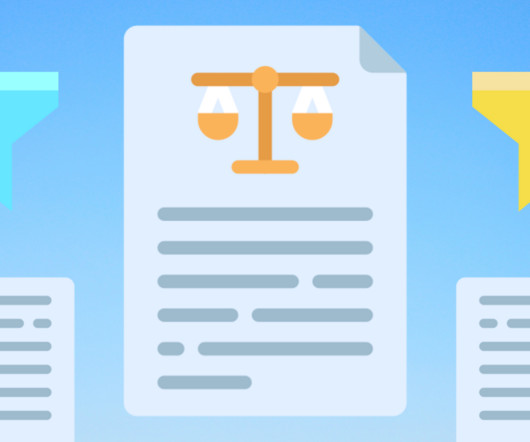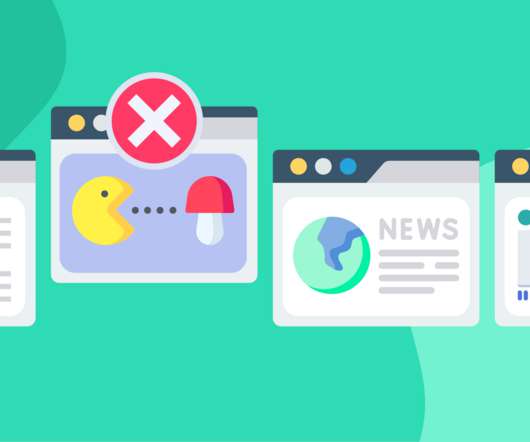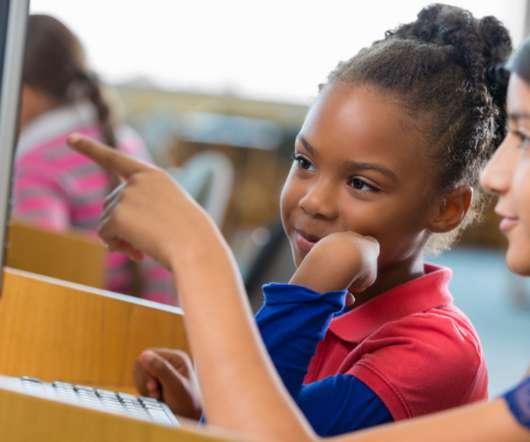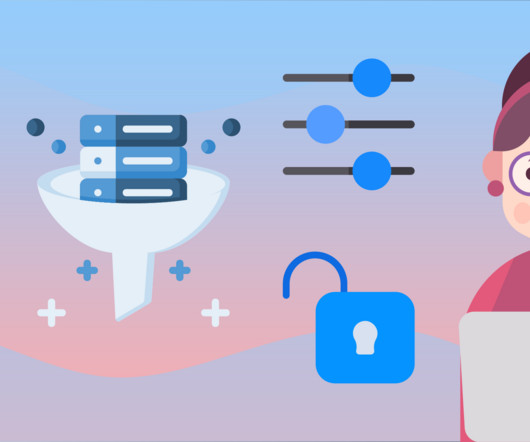K-12 Districts Keep Students Safe with Web Filters and Monitors
EdTech Magazine
JUNE 25, 2019
Often, their primary goal is to comply with the Children’s Internet Protection Act , says Linnette Attai, project director with the Consortium for School Networking and president of PlayWell , a data privacy compliance consulting firm.



















Let's personalize your content